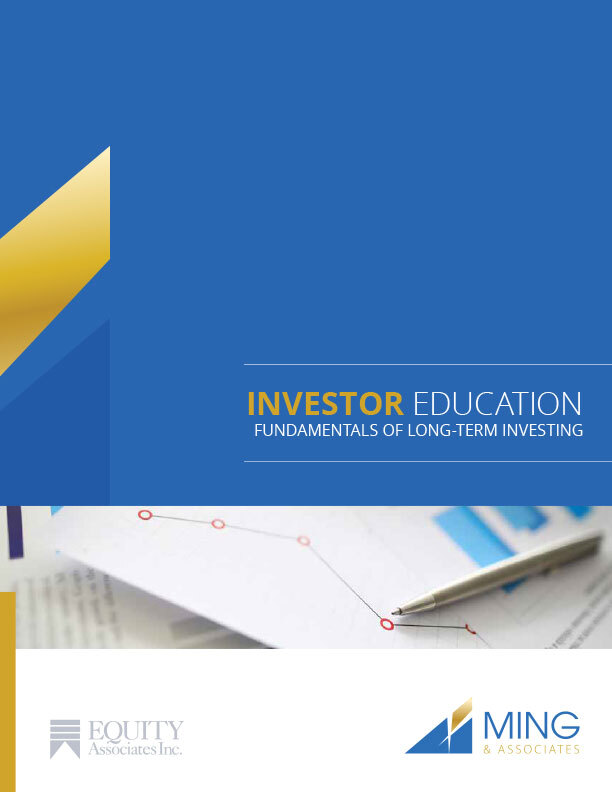As you (hopefully) find time for relaxation in the last few weeks of summer, we wanted to leave you with some food for thought and a timeless reminder of successful long-term investing:
Reviewing a portfolio too often isn’t good for you OR your portfolio
Checking portfolios often can be very problematic for investors. Why? The perfect portfolio will always look clear with the benefit of hindsight.
On the book shelf in our office, you will find Richard Thaler’s book called “Misbehaving” which reviews the history and studies done within the field of Behaviourial Economics – how human behaviour (regarding financial decisions) affects people and the economy. Richard coined a phrase called “myopic loss aversion” which suggests that the more we look at our portfolio, the more we are likely to focus on the losses due to constant but temporary volatility (and the greater the chance we’ll do something typically not best for our long-term success).
What is interesting is that for many investors, this type of feeling doesn’t just apply to falling markets… but rising markets as well, like we’ve seen this year.
“Comparison is the Thief of Joy” – Theodore Roosevelt
For every time you look at your assets rising, there will certainly be other types of assets rising at a higher rate. The issue with comparing your assets to others, is that it could drive you to do things such as chase performance of other products (which is a sure way to underperform). We prefer to determine what return you need to meet your financial goals and objectives independent of everyone else.
As advisor Ben Carlson wrote1;
“Comparing your performance to other investors or another investment that doesn’t match your portfolio’s allocation can be harmful because it can cause you to make decisions that go against your own best interest.
It’s always going to feel like you should’ve taken less risk during a bear market and more risk during a bull market. The goal is to pick a target asset allocation that can balance those feelings to allow you to survive both types of markets.
And the only true benchmark you should really care about is whether or not you’re on track to achieve your financial goals.
Real risk for investors has nothing to do with underperformance or black swans or recessions or market crashes or any of that stuff we obsess about all the time.
The real risk is that you don’t reach your financial goals. I’ve never met a single successfully retired person who got to that point by judging their investment performance based solely on what “the stock market” is doing.”
The longer we are involved with the markets the less we find ourselves paying attention to the daily, weekly or monthly gyrations. You begin to realize that things you once fretted over many years ago were just wasted energy. While some investors are able to watch every tick in the markets with complete indifference it seems most investors who check the value of their portfolios often will tend to see losses (or under performance) more frequently.
If you are looking at your portfolio more than once a quarter and finding you are sometimes unsettled at what you see, remember; patience is a virtue. At the end of the day, there are many ways you can invest and grow your wealth… which is why constantly comparing your portfolios to other portfolio’s may leave you disappointed at times. If you can’t stick to one way or another, you’ll look back in 10 years at a lost decade.
If your goals have not changed (which is a way of saying: if your life and the lives of the people you care about haven’t changed) and if your portfolio is appropriate to your goals, why change it? The goal from the outset is to try and minimize future changes and let the investment managers do their work.
Articles:

